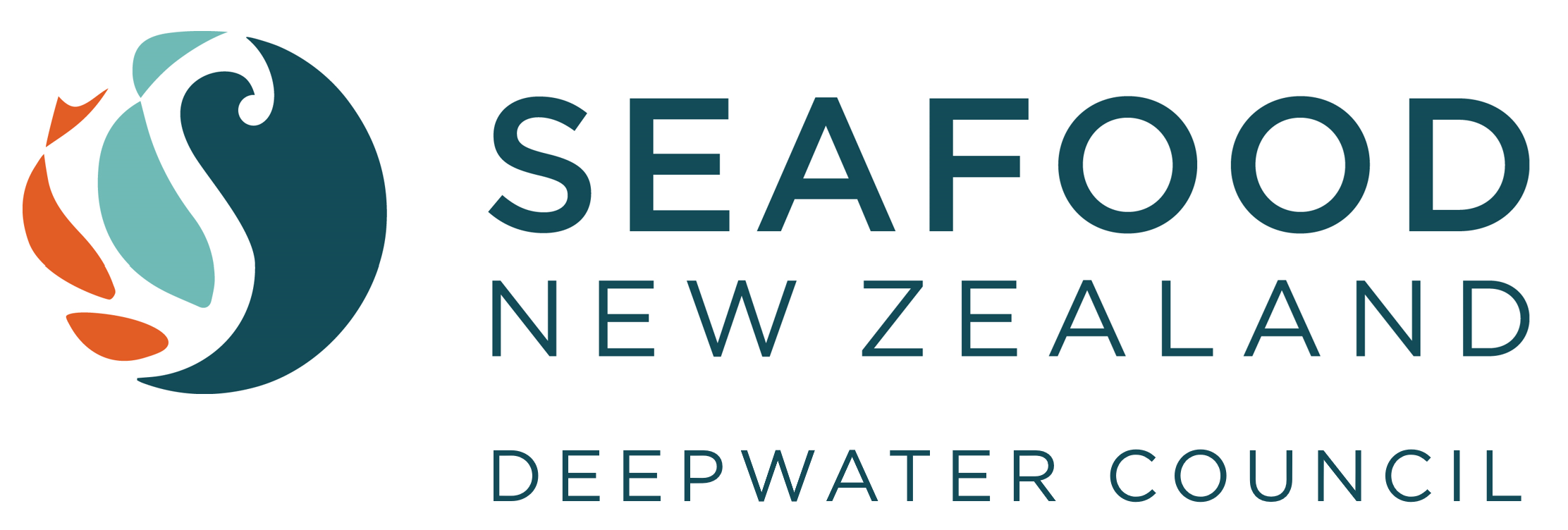Scientists differ over carbon and trawling
19 May 2023
Two years after being received, a paper questioning claims that trawling generates more carbon than air travel has finally been published in the same scientific journal.
The original paper, by Sala et al, created global headlines, largely generated by the accompanying media release.
The paper was first published in Nature and the claim that trawling released more carbon than air travel rapidly became “fact”.
However, like most science, nothing is quite that simple and publishing a paper that questioned what became a popular narrative was a significantly slower process than writing a press release.
The second paper, Quantifying the carbon benefits of ending bottom trawling, widely rejecting the claims of Sala et al, stated that the original research overestimated the CO2 released by several orders of magnitude (i.e., hundreds or thousands of times higher), but that paper has languished in the publication queue for two years, before finally seeing the light of day this month.
Accompanying the refutation by Hiddink et al was a reply from the original authors in defence of the original assertion.
Many scientists have pointed out that science creates its own problems, or perhaps opportunities because as you start digging you uncover more questions.
All of which proves that “policy by press release” is ill-advised at best and can be dangerous at worst.
Media, by its very nature, will take the most easily explainable version of complex work and present this to the public, and that is their job, however, we should not be quick to make decisions based on simplistic summaries of complicated data.
The papers reach different conclusions dependent on the way scientists interpret the very same data.
Both papers are estimates of the carbon generated by trawling based on different assumptions and methodologies, but which is right?
Maybe neither.
Jules Verne said, “Science is made up of mistakes, but they are mistakes which are useful to make, because little by little, they lead to the truth.”
The seafood industry is constantly examining its environmental footprint and making improvements.
Trawling is important. It’s the backbone of New Zealand’s multi-billion-dollar seafood industry and supports thousands of kiwi families. Unfortunately, there’s much misinformation about the method in the public domain.
Science may not be perfect, but policy based on the best evidence is all we have.
